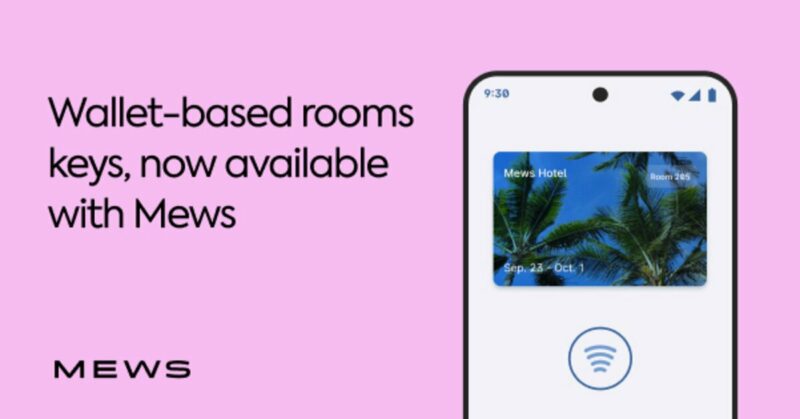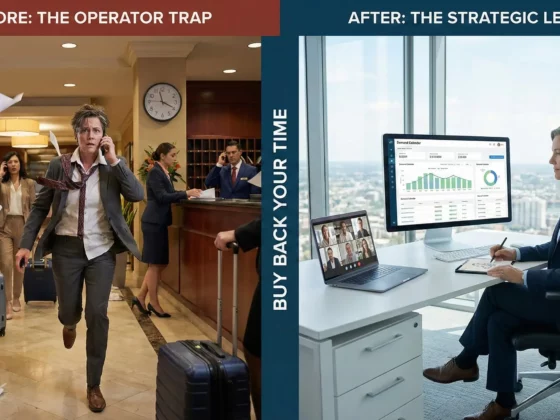
Identifying best-fit candidates
Applicant tracking systems (ATS’s) have been around for years, but they’re often faulted for overlooking qualified candidates. With the addition of artificial intelligence (AI), however, it’s now possible to fine-tune the process of (semi-) automated applicant screening. With the proper prompts, AI can identify well-qualified candidates and do a better job not eliminating good prospects.
The key lies in the human component of the process: creating prompts that best identify the characteristics and experiences the client needs in their workers. It takes a human agent who has built a relationship with the client to understand what they need and how to prompt the AI system to search for candidates who fit the bill. Each search should be different and should be based on the specifics of the client’s situation. Humans are needed to continuously review the outputs from the AI system to discern if it is producing desired matches and adjust the prompts accordingly, if it’s not.
Facilitate communications
No one wants to be ghosted. Clients want to know where their staffing orders stand. Applicants want to know if they have a placement. Agents want to know how their applicants are working out on the job.
According to Bullhorn, candidate loyalty for another assignment increases to 80% if they’re contacted while still at a prior work placement, yet only half of recruiters are reaching out to candidates once a week. Tech tools make it easier than ever to communicate, and as they evolve, they will give us even better ways to share information and ideas with one another. Person-to-person communication is the heart of all good staffing. Technology just makes it easier and gives us more time to devote to it.
Being an app vs. having an app
There’s a big difference between staffing apps that exist solely on the internet and those that operate in support of a boots-on-the-ground staffing agency that provides personal, customized service. App-based companies can’t provide the in-person touch that full-service agencies do. In addition, app-based companies usually provide workers as 1099 independent contractors, a frequent misclassification that can leave their clients holding the bag for back wages, overtime costs, potential worker compensation claims, and government fines.
About the Author
George Lessmeister is CEO and founder of LGC Hospitality, a national staffing firm headquartered in Indianapolis. LGC has offices in over 40 U.S. cities. Team members work with hotel and restaurant leadership to place executives and temporary workers.







